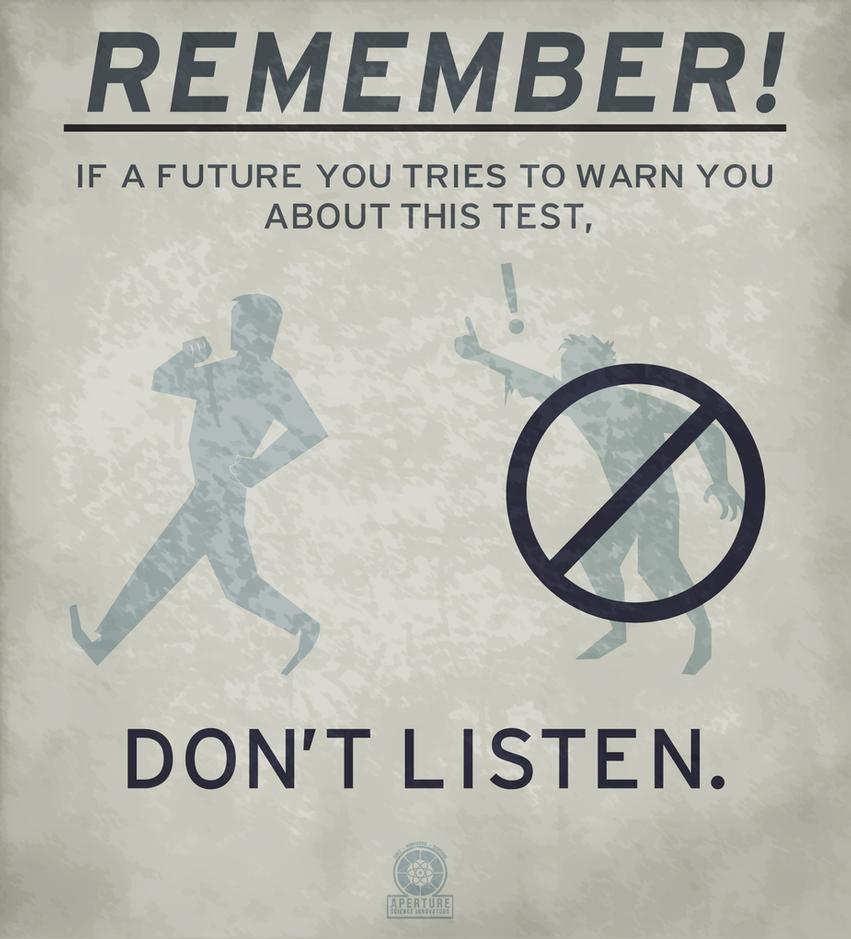I think of time travel of this sort (into the future) as something that interferes with the otherwise normal passage of time for the person perceiving it.
In Back to the Future, the time machine goes from 1955 to 1985 to 2015 (to the late 1800s–I cba’d to find out the exact year-- and then back to 1985 again). In these cases, the occupants of the time machine do not perceive that passage of 30 years or whatever. They experience it as a brief flash of light and a sonic crash, but for them, 30 years is but a half a second.
For the Half-Life universe, from Gordon’s perspective, he defeats the Nihilanth and is transported to various locations (maybe) by the G-man, ending up on the tram (maybe) where he gives Gordon the ultimatum. Gordon (assuming you take the former option) steps into the portal and, the next thing he knows, the G-man is telling Gordon that he doesn’t mean to imply that Gordon’s been sleeping on the job and then to wake up and smell the ashes.
Then Gordon and Alyx get teleported back from the Citadel to Kleiner’s lab and it took a bit of time from their perspective but they appeared in Kleiner’s lab a long time after they should’ve appeared.
And, over in Aperture, Chell destroys the personality cores, “murdering” GLaDOS, ending up outside, but is (now) dragged back into the facility. She blacks out and then wakes up in the motel room née storage crate some who-knows-how-long later.
These are all time travel, in my opinion, because the normal flow of time for the person(s) is disrupted. (Sleep doesn’t count because the normal flow of time continues for the person even if they’re asleep.) Chell was technically in stasis so she wasn’t “asleep”, in my view.
And then the sideways references in old Aperture to time travel tells me that Valve is not adverse to the concept.



